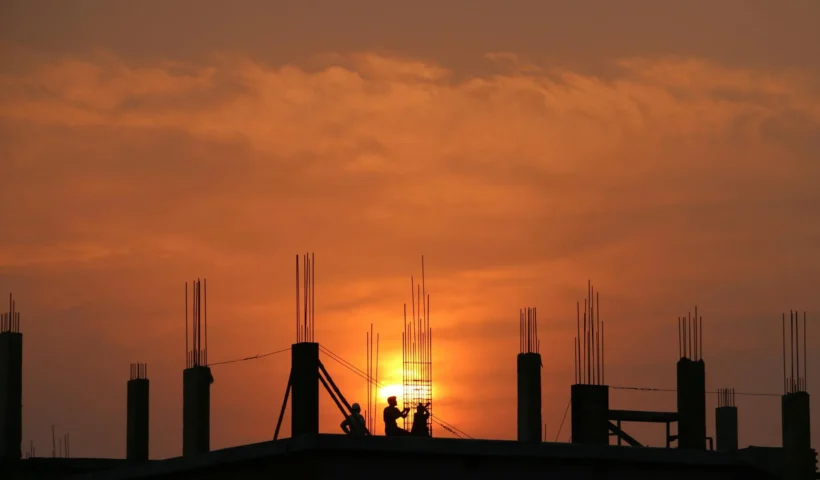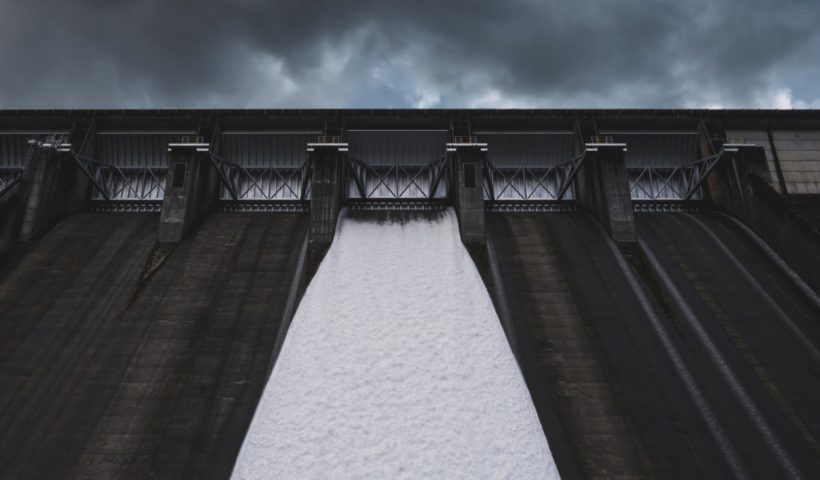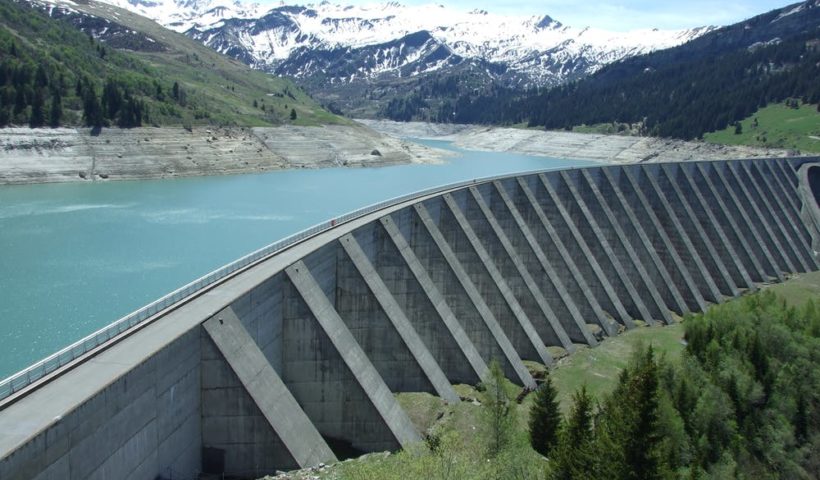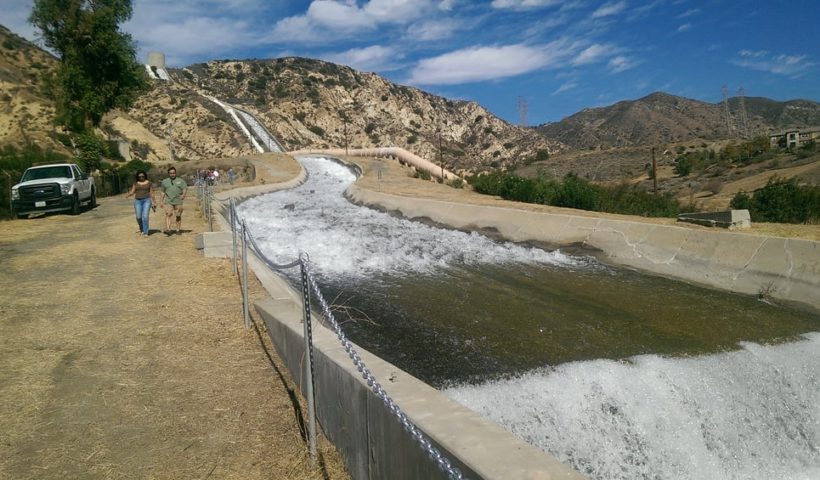Highway expansion has persisted across the last several decades in the United States. While these networks provide an important mode of transportation for people and cargo between major cities throughout the country, their expansion poses an ethical dilemma. The primary solution to bottleneck traffic congestion and prolonged commute times is to add extra lanes to existing highways; however, the relief is temporary, as their positive effects only last about five years. Further, highway expansion has been associated with unethical long-term effects that prove federal budgets should be investing in improving existing road infrastructure.
View More Developing the Road to Nowhere: Ethical Considerations of Highway ExpansionsTag: Civil Engineering
Fighting for our Latino Migrant Workers after Baltimore’s Bridge Collapse
Tragedy struck on the night of March 26 when the Francis Scott Key Bridge in Baltimore came tumbling down. The collapse occurred after a large container ship, the Dali, collided with the bridge. However, the collapse was far from the most heartbreaking news of the event; Six men who had been working on the bridge when it fell lost their lives. The six men, Alejandro Hernandez Fuentes, Miguel Luna, Maynor Yassir Suazo Sandoval, Carlos Hernandez, Dorlian Castillo Cabrera, and Jose Mynor Lopez, were all migrant workers from Central America. As we remember and honor their lives, their deaths highlight the lack of care in the construction industry when it comes to protecting Latino migrant workers.
View More Fighting for our Latino Migrant Workers after Baltimore’s Bridge CollapseHostile Architecture: The Ethical Problem of Design as a Means of Exclusion
From uncomfortable park benches to unnavigable sidewalks, hostile architecture has emerged worldwide to exclude unhoused individuals from public spaces. Hostile architecture goes against the principles of engineering a communal space. Yet, it persists because it subtly banishes unhoused people from the eyes and minds of communities that fear or are ashamed of them. However, the practice is unethical towards the unhoused and those in the community who experience limited mobility. Ultimately, hostile architecture has never been a sustainable method for solving homelessness, and its use is rooted in harmful bias against unhoused people.
View More Hostile Architecture: The Ethical Problem of Design as a Means of ExclusionEthical Analysis of The Three Gorges Project
The Three Gorges Project is the development of the largest hydroelectric dam in the world: the Three Gorges Dam. Since its conception, the project has remained the focus of controversy due to its long construction duration, significant social and economic impacts, and broad environmental implications. The ethicality of the dam’s construction will be determined through an examination of its impacts from a utilitarian perspective.
View More Ethical Analysis of The Three Gorges ProjectThe Debate Over Dams
Dams, the most ancient of inventions, simple in design and efficient in operation, have allowed men to capture drinking water, control floods and practice agriculture…
View More The Debate Over DamsEthics of Decisions Behind the Los Angeles Aqueduct
Moving water from outside a city in for its residents is a challenge in growing metropolitan areas, and engineers are needed to create the systems and structures and to oversee the work. Engineers often go far away to get water, and transporting it can be difficult and expensive. In the early 1900’s, Los Angeles needed its engineers to move water into the drying city. They chose to take water from the Owens Valley, a water-rich valley high in the Sierra Nevada Mountains. The engineers did so in a legal way, although it was not done in a highly ethical way. This paper will argue that the way the Los Angeles aqueduct project was done was highly unethical. It uprooted a whole area forcing farmers and families to leave their lands. It was hard on the local ecology, drying up the Owens Lake. And it has greatly changed the landscape of Southern California. The engineers on the project used underhanded means when the water could have been procured in an ethical manner.
View More Ethics of Decisions Behind the Los Angeles Aqueduct





